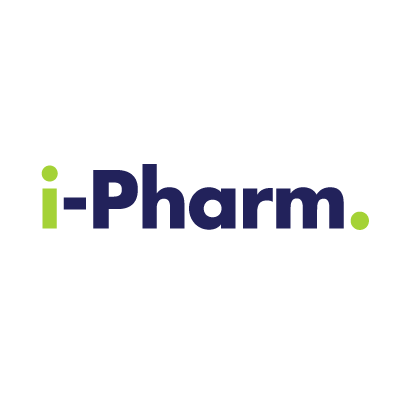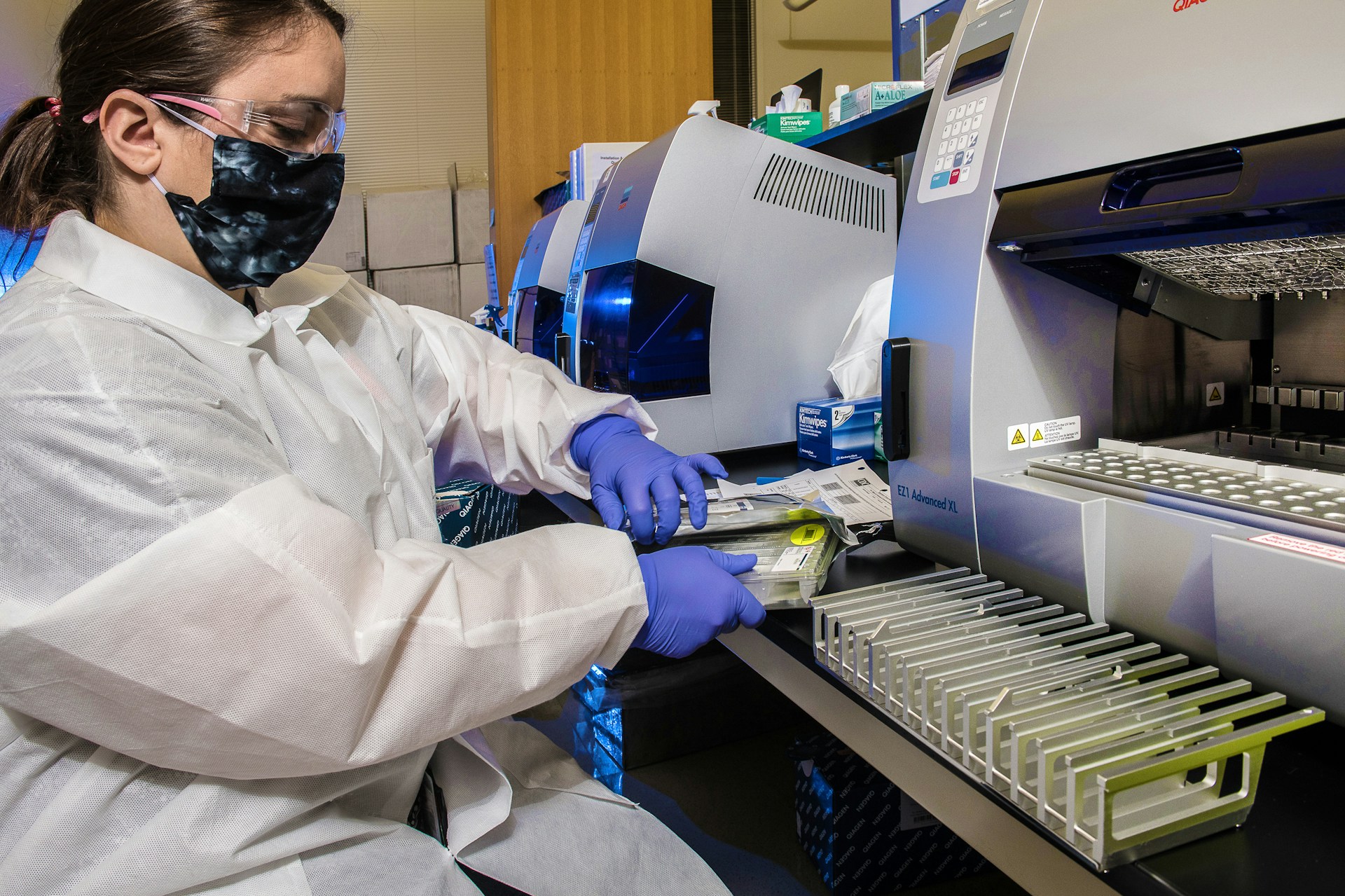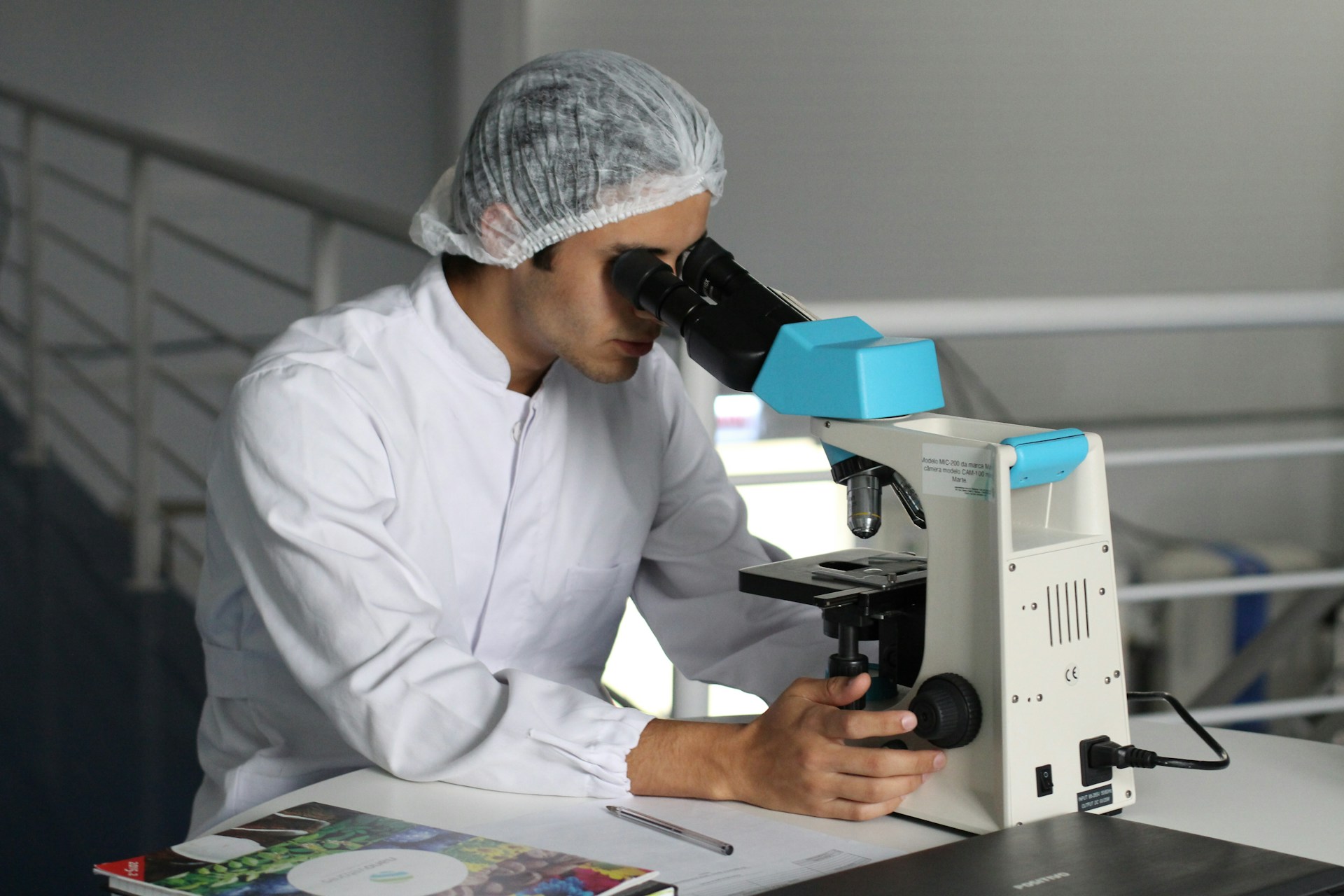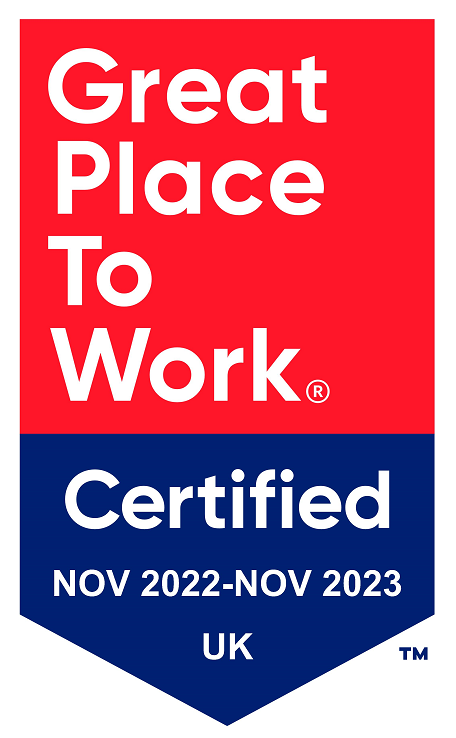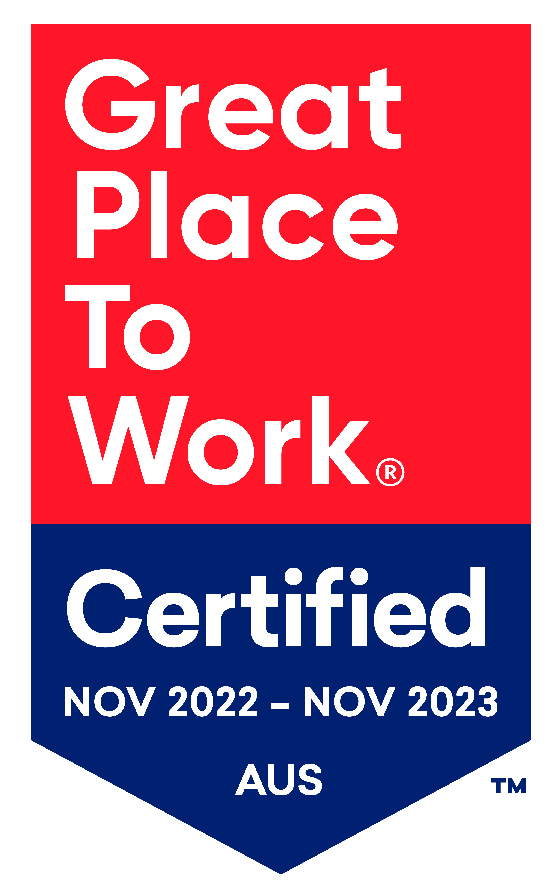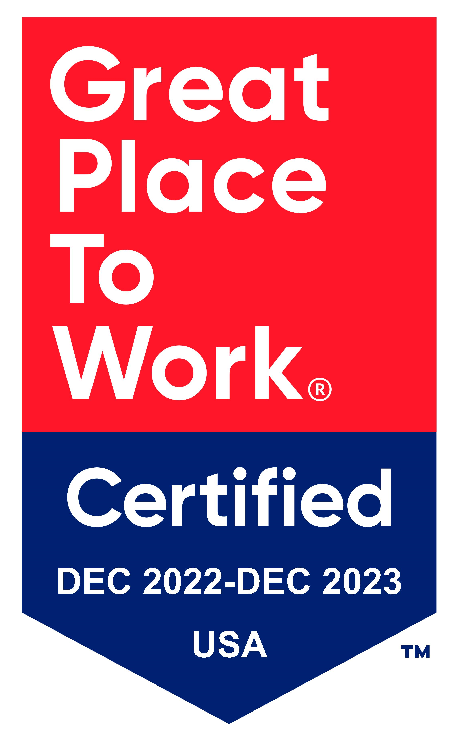What is the Impact of MedTech on Hiring for Rare Disease Jobs
15 Apr, 20246 minutesIn rare disease drug development, MedTech is significantly shaping hiring practices. New tec...

In rare disease drug development, MedTech is significantly shaping hiring practices. New technologies are impacting treatment approaches, leading to a shift in the desired skill sets of candidates. From advancements in genetic testing to the use of data analytics, these innovations are altering our approach to rare diseases.
Individuals with backgrounds in MedTech bring valuable skills in technology integration and problem-solving. As roles focusing on technology continue to grow, organisations increasingly value professionals who understand both medical science and advanced technology.
In this guide, we will explore the key medtech advancements that are revolutionising rare disease treatments, the evolving job roles within the sector, and the essential transferable skills employers should look for when hiring for these niche roles. We will also uncover the key rare disease recruitment challenges that come with medtech advancements and the strategies businesses must adopt to overcome them.
Key MedTech Advancements Impacting Drug Development in Rare Disease
Here are the key medtech advancements that are revolutionising drug development within the rare disease sector:
- Genetic testing and biomarkers - Genetic testing and biomarkers play a crucial role in rare disease drug development by revealing the genetic basis of rare diseases and identifying suitable therapy targets to produce tailored treatments. According to research, More than 80% of rare diseases are of genetic origin, highlighting the significance of genetic testing techniques, such as next-generation sequencing, in enhancing treatments.
- Personalised medicine and gene therapy - Personalised medicine and gene therapy offer tailored treatments that assess individual patients' genetic profiles in rare disease drug development. Gene therapy is driving advancements for correcting genetic abnormalities, potentially offering long-term solutions.
- Real-world data - Real-world data provides valuable insights into rare diseases' treatment effectiveness outside controlled clinical trials. Real-world data enables informed decision-making throughout drug development, from target identification to monitoring the market after product launch.
- Telehealth and remote patient monitoring - Telehealth and remote patient monitoring have transformed rare disease healthcare by enabling consistent patient monitoring regardless of geographical barriers. Enhanced connectivity enables remote data collection, improves patient engagement, and increases accessibility.
- Artificial intelligence - Artificial intelligence accelerates rare disease drug development by enhancing data analysis, drug discovery, and clinical trial design. AI algorithms filter through large genetic data sets to identify patterns to identify root causes and produce targeted therapies. AI also has the capability to predict treatment responses, reducing costs and resources.
New and Evolving Roles in Rare Disease Jobs
As medtech advancements are continuously being introduced, rare disease jobs are evolving. The roles, responsibilities and required qualifications are adapting, meaning professionals must upskill their expertise to stay ahead of their medical careers.
Research shows that rare diseases impact approximately 3.5% to 5.9% of the global population, equivalent to roughly 300 million individuals worldwide. This figure highlights the importance of professionals in rare disease jobs in mitigating the widespread global effect of rare diseases.
Below are the key new and evolving rare disease jobs:
- Digital health specialist - With the rise of telehealth and remote patient monitoring, digital health jobs play a vital role in using technology to improve patient care, enhance data analysis, and ensure the security of digital health systems.
- Gene therapy specialist - Gene therapy specialists are essential in developing and implementing gene-based therapies, conducting research on genetic targets, and collaborating with teams to advance treatment options for rare diseases.
- Rare disease data analyst - Rare disease data analysts collect, process, and interpret complex datasets to extract insights informing clinical decisions, drug development, and patient care protocols.
- Cybersecurity specialist - As we move towards new technical advancements, cybersecurity specialists are vital. Responsibilities include protecting sensitive patient information and medical data by developing and implementing measures against data breaches, cyberattacks, and unauthorised access, ensuring data protection.
Rare Disease Recruitment and Hiring Challenges
The medical technology market is expected to show a steady annual growth rate of 5.23% from 2024 to 2028. As medtech careers evolve in rare diseases, alongside rapid technological advancements, employers encounter fresh challenges in talent acquisition and retention. These difficulties arise from the specialised nature of roles within rare disease fields and the evolving skill sets necessary to navigate medtech advancements within the sector.
Here are some examples of the key recruitment and hiring challenges for rare disease jobs:
- Limited Talent Pools - Rare disease jobs require highly specialised skills, but the pool of candidates with expertise in these areas is limited. The niche nature of rare diseases further restricts the available talent pool, making it challenging for employers to find qualified individuals.
- High Demand for Specialised Skills - The rapid advancement of medical technologies results in high demand for professionals with specialised technical skills. Employers currently face intense competition to attract and retain talent in this specialised field.
- Talent Retention - Professionals within the sector seek opportunities for rare disease and medtech career advancement within a supportive work environment. Organisations must prioritise providing clear pathways for growth, offering competitive compensation, and promoting work-life balance to retain skilled employees.
- Training Needs - Remaining educated on medtech advancements in rare diseases requires ongoing training for professionals. Employers must invest in training programs to ensure that employees have the expertise and skills needed to excel in their careers, adapt to evolving roles and responsibilities, and bridge talent gaps.
How Can Businesses Tackle Hiring Challenges in Rare Disease Jobs?
As employers acknowledge the challenges in hiring, the changes in job roles, and the rise of advanced technologies, businesses must take proactive steps to attract the specialised talent necessary for staying ahead in medical innovation in the rare disease sector.
Here are the key strategies employers should consider when putting together teams that can handle and adapt to the complexities brought about by the advancing technological industry:
The Importance of Transferable Skills for Rare Disease Jobs
As job roles and responsibilities within the sector are constantly evolving, employers seek transferable skills to bridge talent gaps within specialised rare disease jobs.
Here are some of the essential transferable skills employers must look for in candidates:
- Research Skills - Being proficient in research, data analysis, and understanding complex information is vital. In rare disease jobs, it's important to grasp the details of research methods and potential treatments.
- Problem-Solving Abilities - Rare diseases often come with unique challenges that require creative problem-solving. Being able to think critically and find innovative solutions for diagnosis, treatment, and research is key.
- Communication Skills - Good communication is crucial. Whether explaining scientific concepts to different audiences or rare disease patients, clear communication is essential.
- Adaptability - Rare disease research and healthcare are always changing. Being able to learn new technologies and methods allows employees to continue to excel in their careers.
- Project Management Skills - Strong project management skills help keep everything running smoothly, which is especially important in rare disease projects, which often involve various stages and tight timelines.
These transferable skills can be applied to various new and existing medical careers, including:
- Clinical Research Jobs
- Digital Health Jobs
- Data Analyst jobs
- Gene Therapy jobs
- Project Manager
- Genetic Counselor
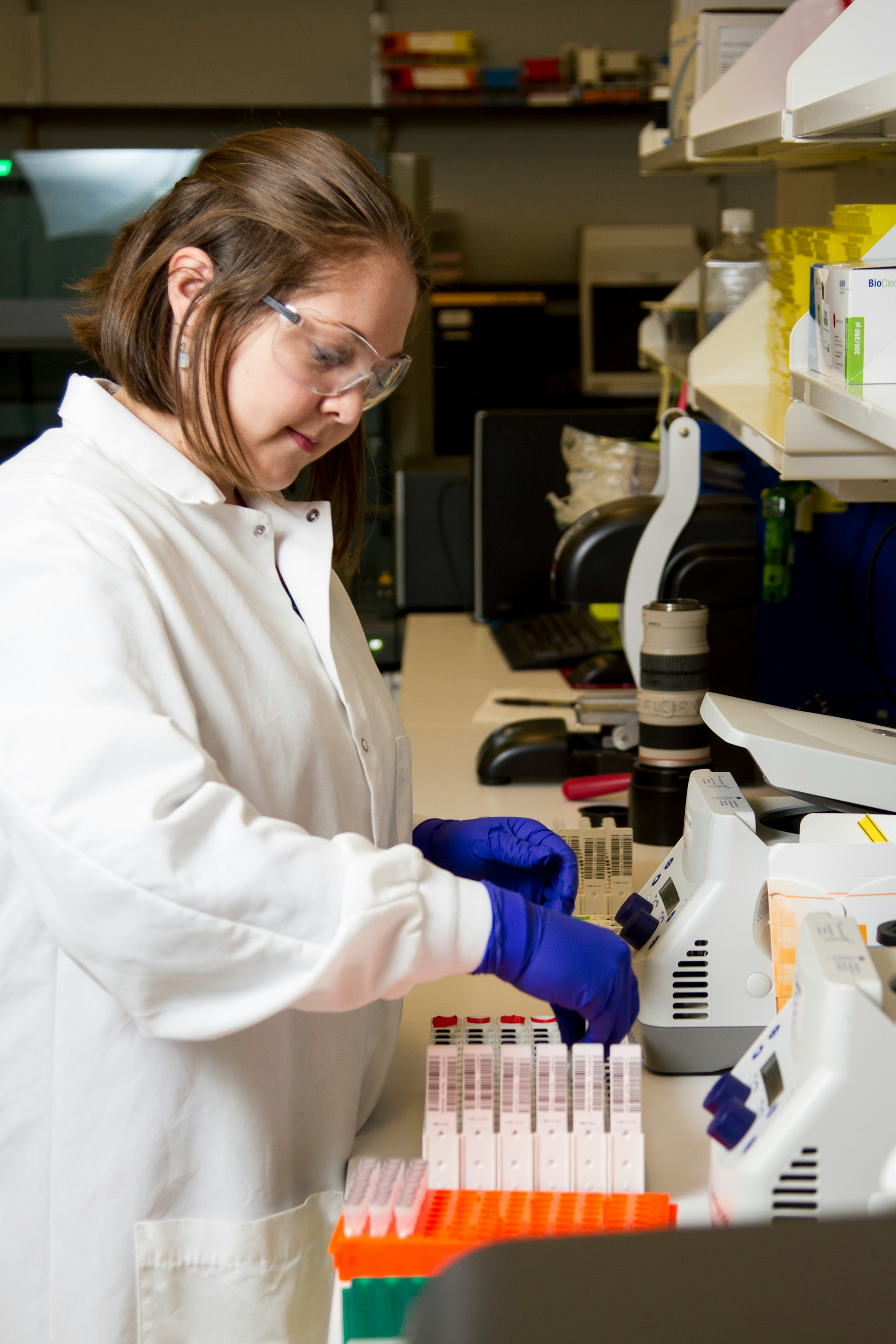
Upskill Existing Staff
By providing training and development opportunities to existing employees, organisations can enhance their skill sets and address talent shortages in rare disease jobs. Upskilling initiatives enable employees to develop the specialised skills needed to excel in their roles, reducing reliance on external hiring and strengthening the organisation's talent pipeline to bridge existing skill gaps in niche roles.
Offer Competitive Benefits
Competitive benefits packages, including healthcare coverage, retirement plans, flexible work arrangements and a clear path for rare disease and medtech career development, can help organisations attract and retain top talent in rare disease jobs. By offering attractive benefits, employers support employees' well-being, work-life balance and professional growth, making them more appealing to candidates.
Collaborate with Educational Institutions
By collaborating with educational institutions, such as universities and research centres, allows organisations to tap into a diverse pool of talent and build future leaders in rare disease jobs. By partnering with academic institutions, employers can provide internships, training programs, and research opportunities that expose students to medical careers in rare diseases and create a talent pipeline for the future.
Build a Strong Employer Brand
A strong employer brand supports organisations in standing out in a competitive market and attracting top candidates to rare disease jobs. By showcasing their commitment to innovation, employee development, and career growth, as well as making a meaningful impact in rare disease research, employers can differentiate themselves and appeal to candidates. Showcasing your unique value proposition and values on online platforms, such as social media, is a great way to enhance visibility, share insights and engage with the community to attract top talent.
To learn how a life science recruitment agency can further support hiring within the sector, discover our insightful guide - Benefits of a Life Sciences Recruitment Agency: Rare Diseases.
Final Word on the Impact of Medtech on Rare Disease Recruitment
MedTech advancements are reshaping the rare disease sector, impacting both job roles and treatment approaches. As technology continues to evolve, so do the roles and responsibilities within the field. From genetic testing to data analytics, these innovations are revolutionising our approach towards treatment and drug development. Professionals with backgrounds in MedTech bring crucial skills in technology integration and problem-solving, making them essential in navigating these changes and driving progress in rare disease research.
To keep up with medtech advancements and evolving job roles, businesses must tackle talent shortages and skill gaps quickly. Strategies such as upskilling existing staff, offering competitive benefits, and collaborating with educational institutions are essential in attracting and retaining top talent. A strong employer brand is essential in attracting candidates to drive forward medical innovation in rare disease research and healthcare.
Investing in talent development is also crucial for businesses aiming to overcome recruitment hurdles and advance rare disease research. With MedTech driving change, organisations have the opportunity to produce groundbreaking therapies, making a positive impact on individuals affected by rare diseases.
Looking for Experts in Rare Disease Recruitment?
Our specialist recruitment agency possesses the industry expertise and unmatched resources to place top talent in medical roles in the rare disease sector, ranging from digital health jobs to clinical research jobs.
Whether you are a business seeking candidates to fill rare disease jobs or a candidate looking for their next medical career within the sector, our unmatched talent pools and broad networks enable us to source the most suitable candidates and career opportunities within the sector.
Contact us today to discuss your requirements.
